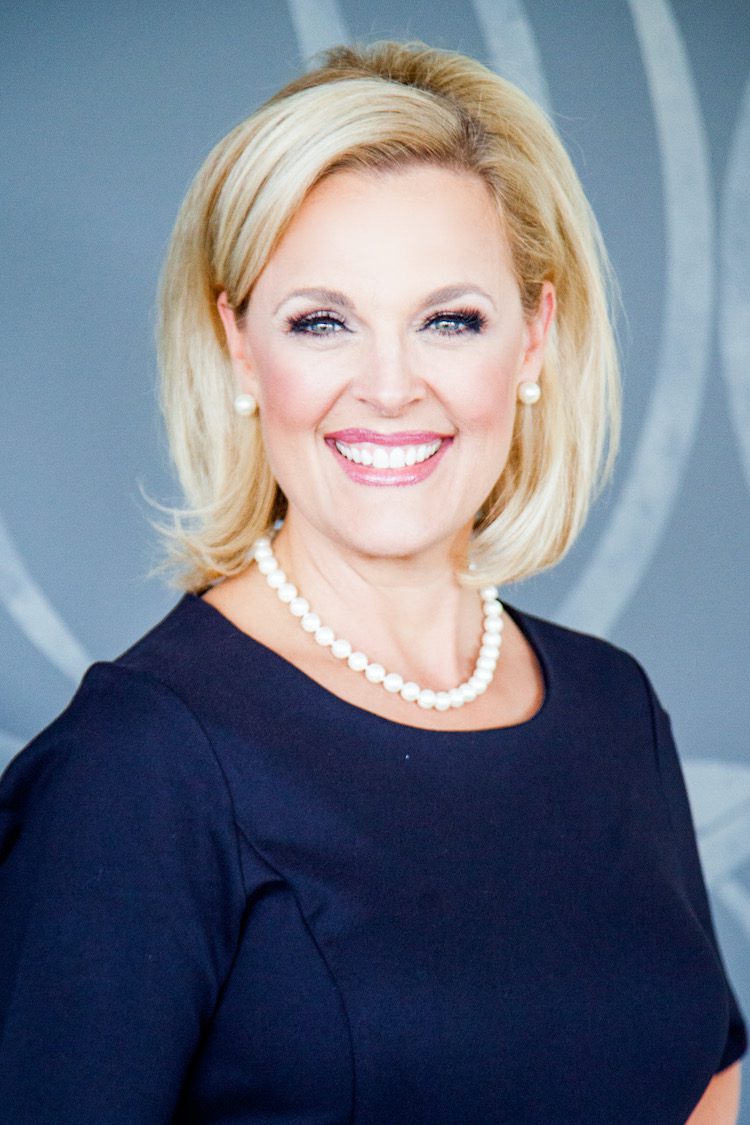The COVID-19 pandemic has radically altered the business landscape. Many companies experienced anywhere from a 20 to 60 percent loss in revenue in 2020, and more than 14 million Americans either temporarily or permanently lost their jobs.
This pandemic has impacted every industry and every aspect of our lives. The 2020 word of the year was “pivot,” as we all scrambled to rapidly adapt. With continuing anxieties surrounding health and safety, job security, education disruption and financial strains, it is apparent that we can’t simply ignore the emotional fallout. Real change is required in the way we lead.
For so long, our idea of strong leadership has been shaped by strict delegation and direction, where managers lead the way and employees dutifully follow. As we continue to grapple with disruptions to our businesses and personal lives, this perception has evolved, as managers who remain effective have noticed a shift in what new leadership requires. We must reexamine the way we lead and redefine strength itself. COVID-19 has ushered in a new template we should be following when recruiting our managers and team leaders. Those with highly developed “soft skills” will be the ones who take our organizations into the future.
Empathetic leadership
We know that effective leaders must be in tune with the emotions of those around them, as well as their own. But rather than being a “nice to have” trait, emotional intelligence is now mission-critical. In the pandemic, these skills were put to the test. Creating a compassionate work environment where employees feel valued as people and can voice their opinions and concerns freely is essential in difficult situations, and in all times.
Leaders need to be transparent and realistic with their expectations, which can help build and maintain a culture of trust. In fact, employee engagement is higher when leadership is continually and openly communicating with them.
Healthy priorities
A lot has been asked of us in the past year, no matter the industry or job title. Chances are, we’ve felt stressed out more than a few times, which can impact our mental health and well-being. Just as leaders faced obstacles of their own, so did their teams, and those in leadership positions had to give their employees space to overcome personal challenges. After all, letting stress build can be detrimental to mental health, ultimately causing absenteeism, poor motivation, lower productivity, and even increased mistakes and accidents. While leaders should exhibit strength, it’s also important to recognize that each of us is only human, and we are not shielded from external factors that can impact us emotionally. The lessons that management has learned this past year, such as checking in on employees’ well-being and focusing on leading people over projects, will make for stronger companies and communities for years to come.
Flexibility
Navigating the business landscape amid a pandemic has been the ultimate crash course in flexibility. Between dealing with paused and canceled contracts, reinvented and completely new services, organizational restructuring and brand new technologies, reprioritizing (and quickly) became an essential skill for effective leadership. Leaders could not wait for the next unexpected thing to happen. They had to innovate and anticipate, again and again.
When the pandemic first hit, only 12 percent of businesses had continuity plans that left them highly prepared for it. Many were left scrambling to pick up the pieces that COVID had scattered throughout various aspects of their business strategies. In such a widespread event like this, that has impacted all facets of life, the business leader needs to be equipped to plan for the short-term, the mid-term and the long-term. They must have a sharper eye for opportunity, the ability to withstand sudden changes and a readiness to adapt to meet the next challenge.
Mindful work
My mantra for 2020 was “busy doesn’t equal productive.” We tend to have this vision of what a hard-working manager looks like: full calendars, never taking time for themselves, putting everything else ahead of their own well-being. After all, what happens to their teams, departments and business is totally on them, right? This way of thinking can cause pressure to build and make managers worse at their jobs.
Leaders must sort out “need-to-do” tasks from “not-as-necessary” to see results and maintain their own well-being. 2020 became a year of differentiating between busy and driven, with the realization that the latter was far more important. In a post-COVID world, this newly honed ability to rapidly prioritize will be essential as companies face new challenges, and having a leader who can achieve this will set apart businesses that put mindful work over constant work.
Generous collaboration
Planning for everything also means being open to anything, and what better way to achieve this than by sharing ideas? Leaders are not perfect; sometimes they need guidance too. More than that, they need to be open to accepting new ideas that may benefit the entire business, even if those ideas didn’t come directly from them. Moving forward, it will be even more important to cultivate leaders who are open to any suggestion from anywhere, without ego or agenda, and with the health of the business and its people as their first priority.
Although this past year has had many challenges, it also has inspired our collective human spirit and exposed our true grit. The pandemic demanded that every business — and every person — react. With this shared experience, we have an incredible opportunity for collaboration. To bring organizations into the future, the next leaders have to create an environment where team members feel comfortable presenting innovative ideas, being vulnerable and taking chances. They have to feel safe to collaborate freely.
Final thoughts
Just as we have reexamined the way we work in response to the events of 2020, so too should we reevaluate what a strong leader looks like. While this pandemic won’t last forever, what will remain is a new type of effective leadership formed through the evolution of how we are working now. Some qualities and skills in our leaders are always vital — determination, effective communication, passion (the list goes on) — but this year has reshuffled the deck. Transparency, seeing ourselves and each other as people first, a willingness to adapt and an openness to listen. These are the new characteristics of strong leadership that will determine who thrives in this new economy.
















